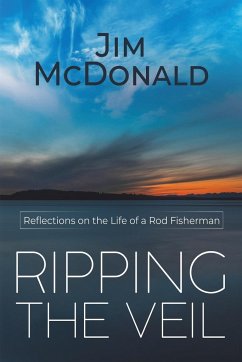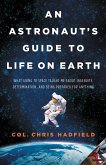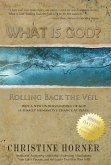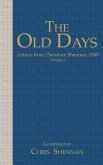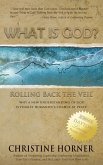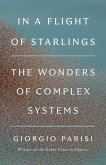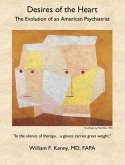Anglers are not always perceived to be the most rational of people. For those who get involved in rod fishing, what might start as a curiosity, gradually becomes a passion that often develops into a full-blown, all-consuming addiction. Apparently, there is no cure. Repeated scenarios of utter failure, near-drowning, broken relationships and disarming exhaustion only whet the appetite for renewed effort. No wonder the non-angling majority considers the whole venture as incomprehensible and one of insanity. However, the angling body is no small minority. It will happily embrace the label of 'insane' if that is what it takes to sustain what, for those who are smitten, is no less than a lifestyle. These are the people who are driven to explore what lies beneath the water's surface. They thrive on the thrill of revealing the secrets of a hidden world. For them, ripping the veil between air and water is not a casual option but a glorious and compulsive expression of evolutionary history - a relic strategy of survival. At least, this is their excuse.

